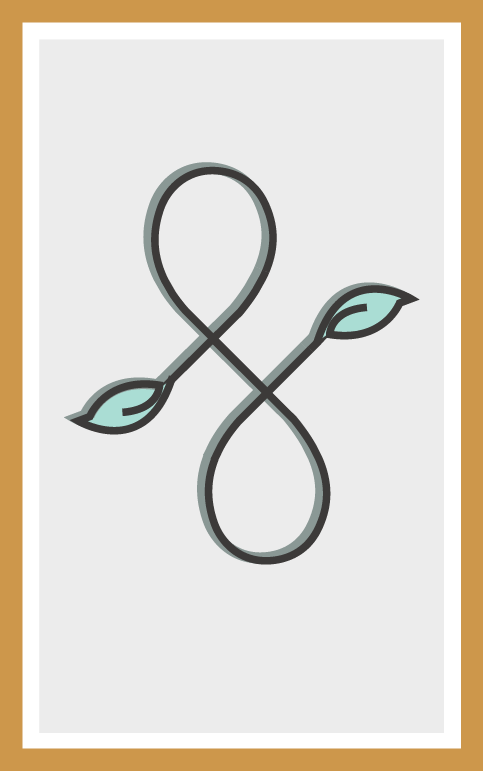Can we get along?
We talk a lot about relationship. Not just the relationships that are born in conflict and that we’re working to change but building relationships either with your Coparent or rebuilding with your child. With your Co parent, we try to build something if a new relationship – I talk about it as if it’s a business partnership. We want to be polite, we want to get along and make agreements, we do you want to hold structure as well and have boundaries. Often when I make this pitch to parents, they remember all of the hurt and tragedy of the past. The many offenses in brokenness and frankly the trauma of the past relationship . I am in no way here to dismiss that, but you have a future ahead of yourself that I want to help you impact to be more peaceable. We don’t dismiss the past, we just choose to put it slightly behind us and decide to take a step forward. You don’t need to be best friends- business partners work together for the goal of the “ shared business”; in this case your child.
The relationship with your child, we are often working to strengthen and build. Remember I discussed the fact that parents are the best agents of healing for their children (except incases of significant mental illness Or mental health challenge). So we as parents work to build resiliency in our children, to help them talk about their emotions and their experience, to help them be confident and know themselves well and develop agency in their life and to help them have that whole life experience of enjoying both families there involved with.
Where did your skills for relating in relationship begin? We often think that this started when relationships became difficult, when we fell in then out of love or began to have conflict in a relationship. That is not really the case. Strategies in relationship are wired from the very beginning of our life. In infancy, how our parents cared for us informed us about our value in the world and our ability to have influence in the world. It taught us whether people should listen to us, whether we have that right. Every step in every stage through our development, we continue to learn if conflict is allowed, how do we resolve it, how are we curious with one another, what is the use of humor and laughter in a relationship in so many more things. It’s important to remember that your children also learn these strategies from you well before where you are at now. They learn them from infancy on which is why I often say that you’ve wired their brain around their attachment to you and their relationship, both good and bad. In the good news is the brain is constantly wiring around new experiences so there is so much hope. One thing that’s extremely helpful is identifying what your attachment style is.
So a few questions. First, if you were to step back and give advice to the “you” that you observe in stress or conflict, what honest feedback would you give yourself? Do you tend to get too emotional or too distant?. Do you intend to set boundaries but come across is if you’re bulldozing?
Here’s a hard question, what would your Co parents say about your style of conflict, is there any truth, even at a subparticle level of what their critique is? Sometimes even more vulnerable for us to ask, what would your children say about how you handle stress and conflict in the home?
These questions aren’t asked to cast any shame or blame, their asked so that we can raise our awareness of where we can apply some change to make things more peaceable not only for those around us but for ourselves.
If you tend to come across too strong, there’s a reason for that. Own it. Recognize that you may be picking up a battle when maybe what is needed is a negotiation or compromised. If you are one that gets emotional – don’t judge yourself; you are a deeply feeling human. But it may be a good practice to step back and work on that business relationship so that emotions are not getting in the way of what you’re trying to accomplish.

